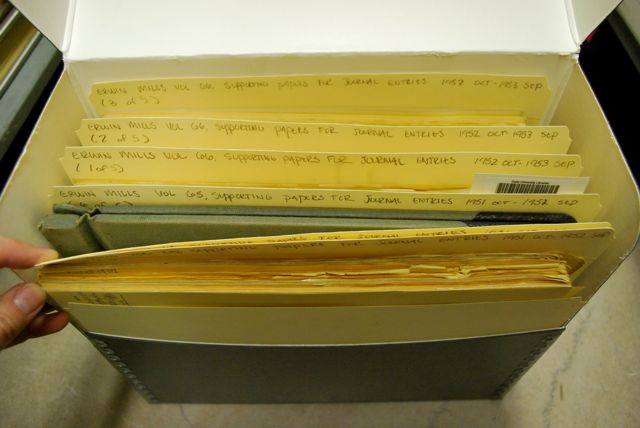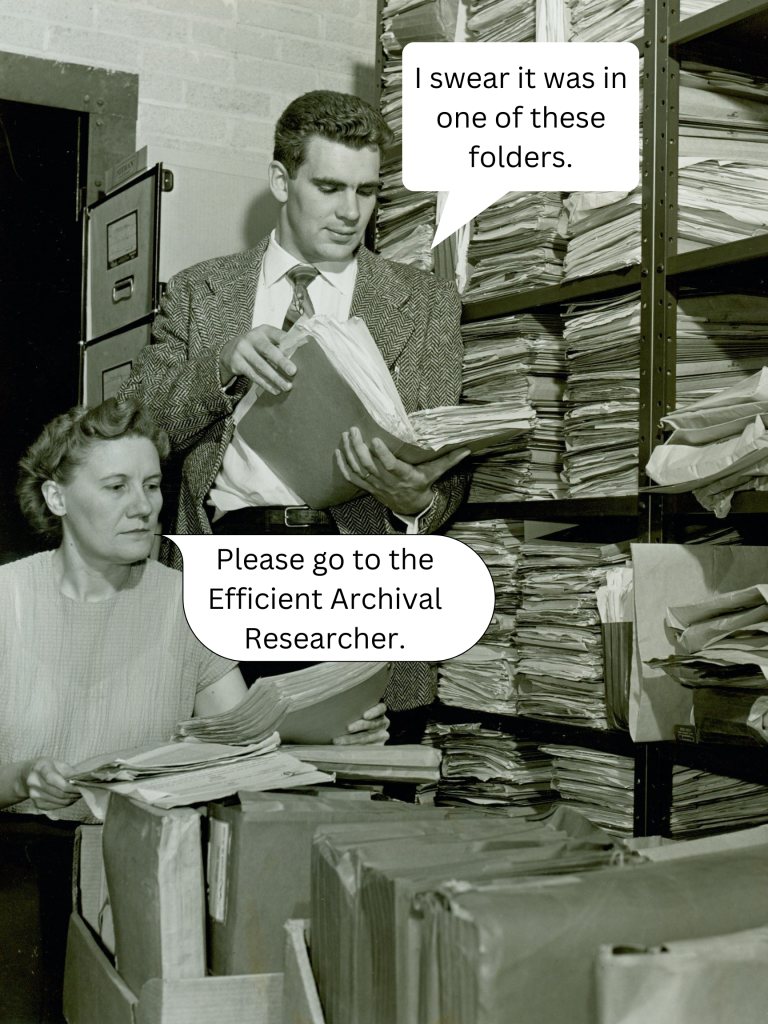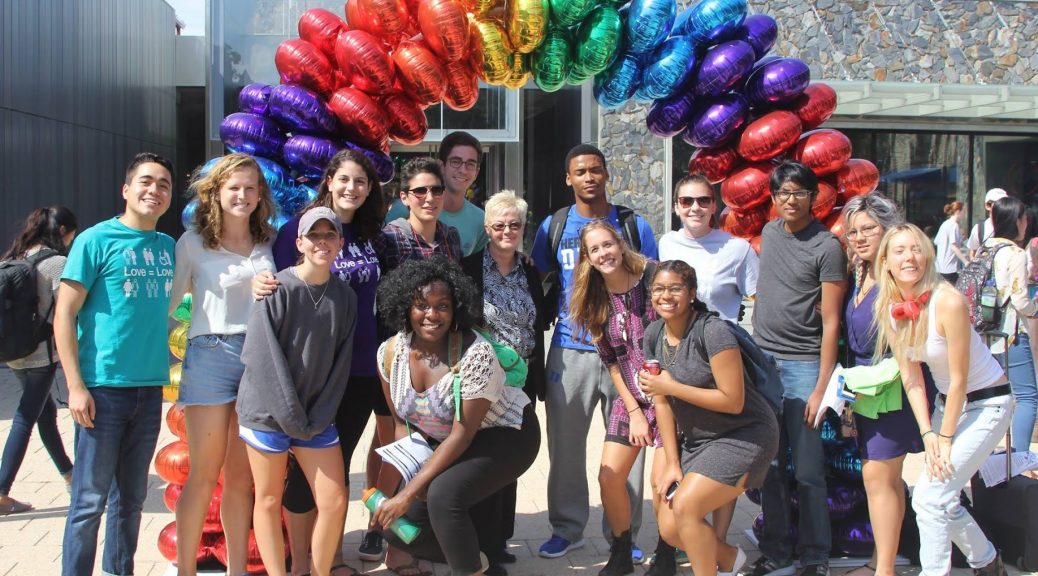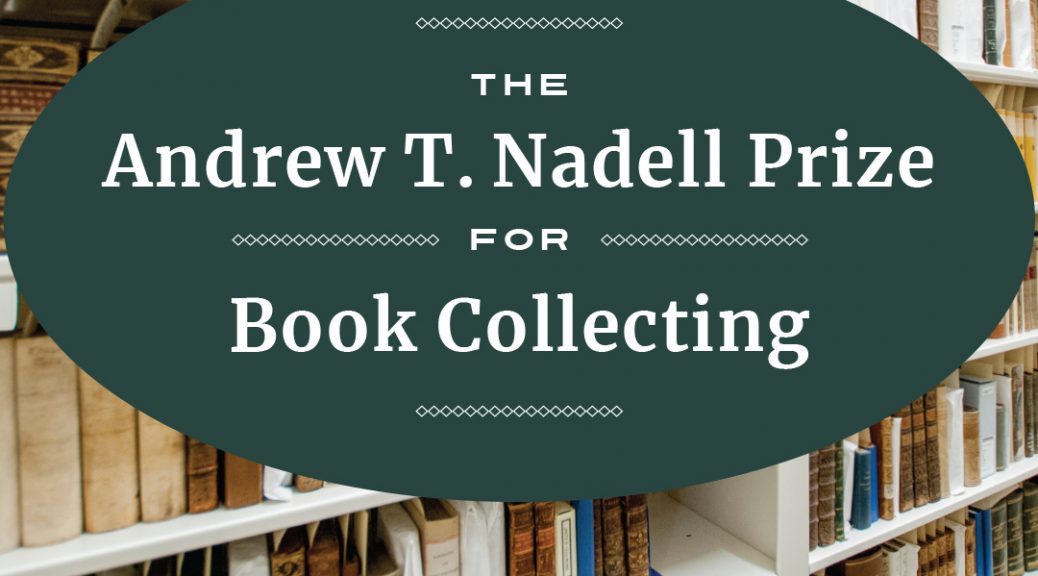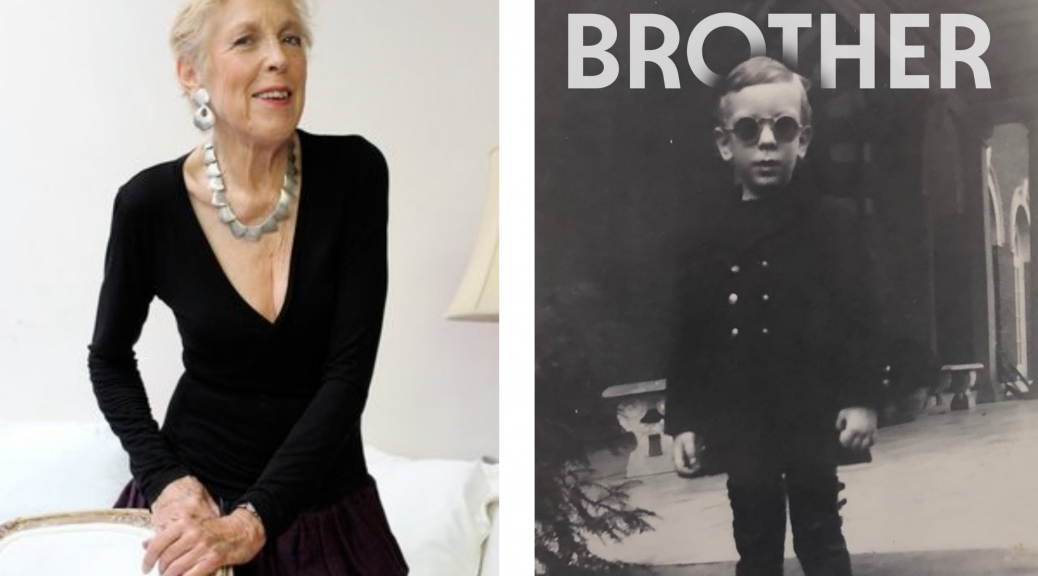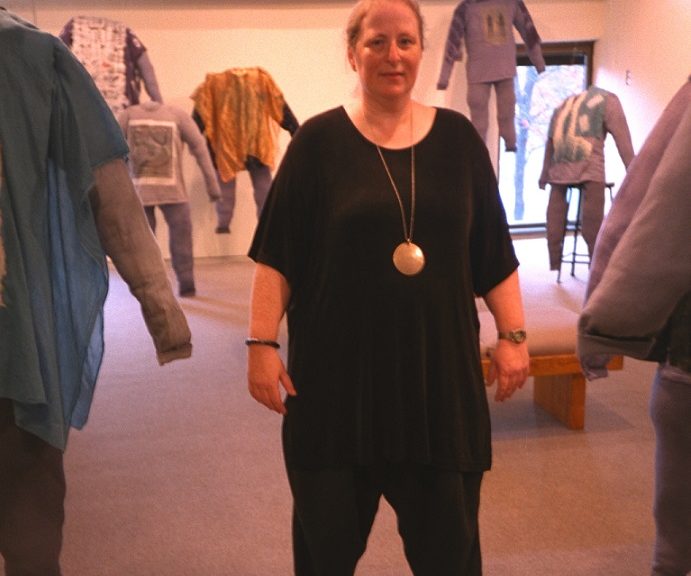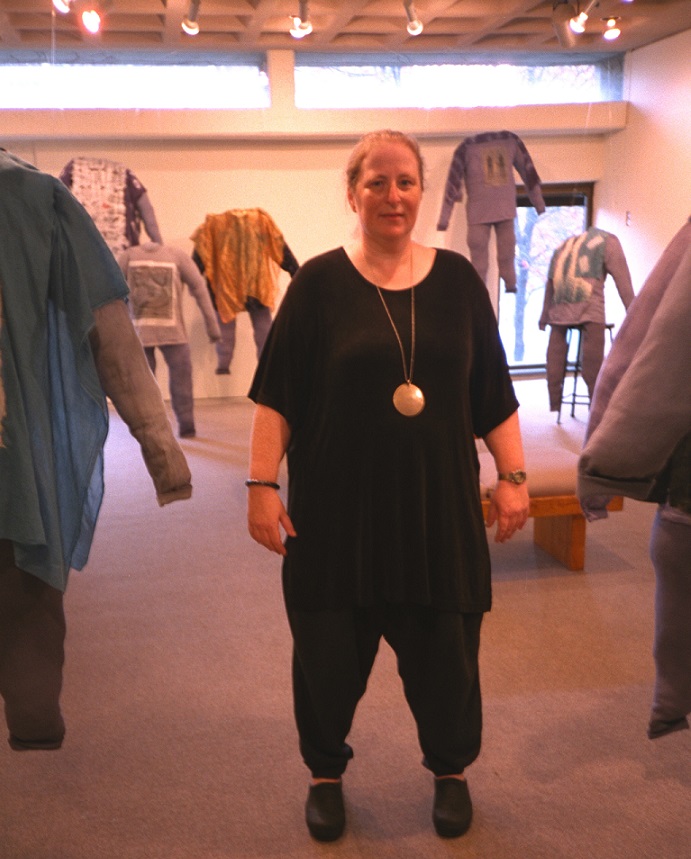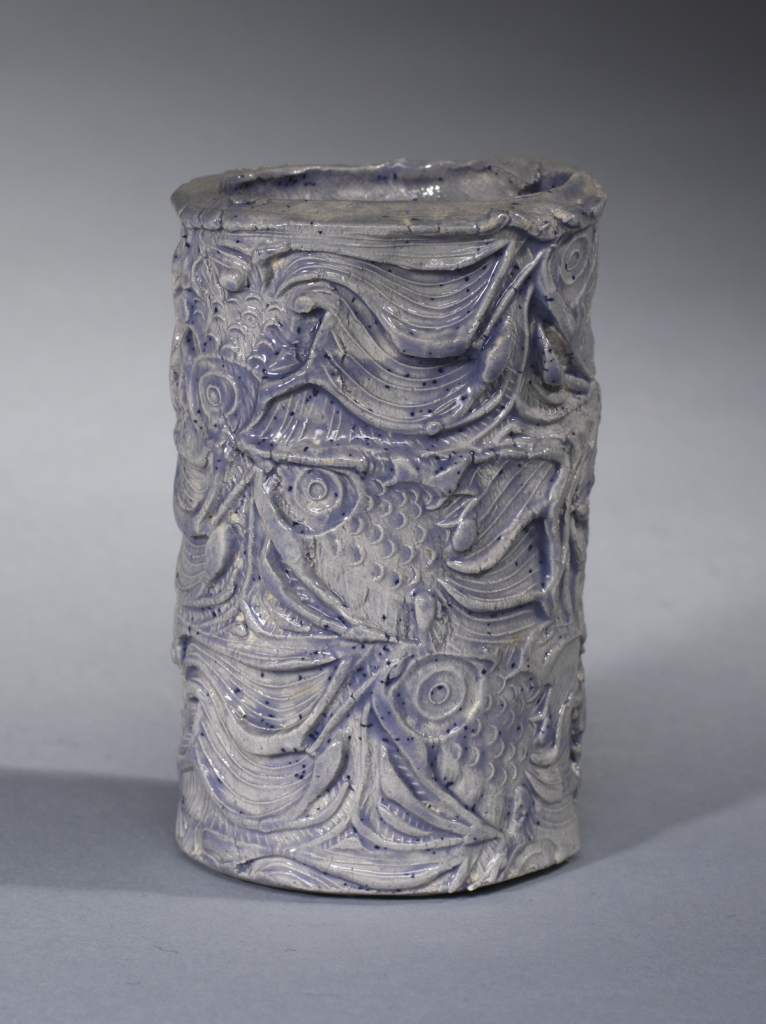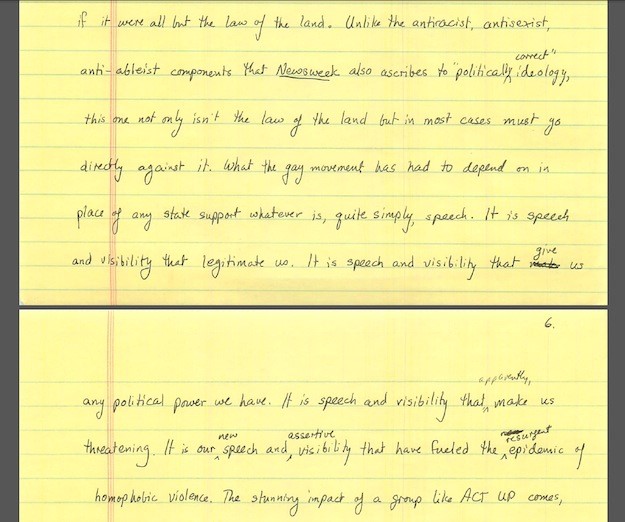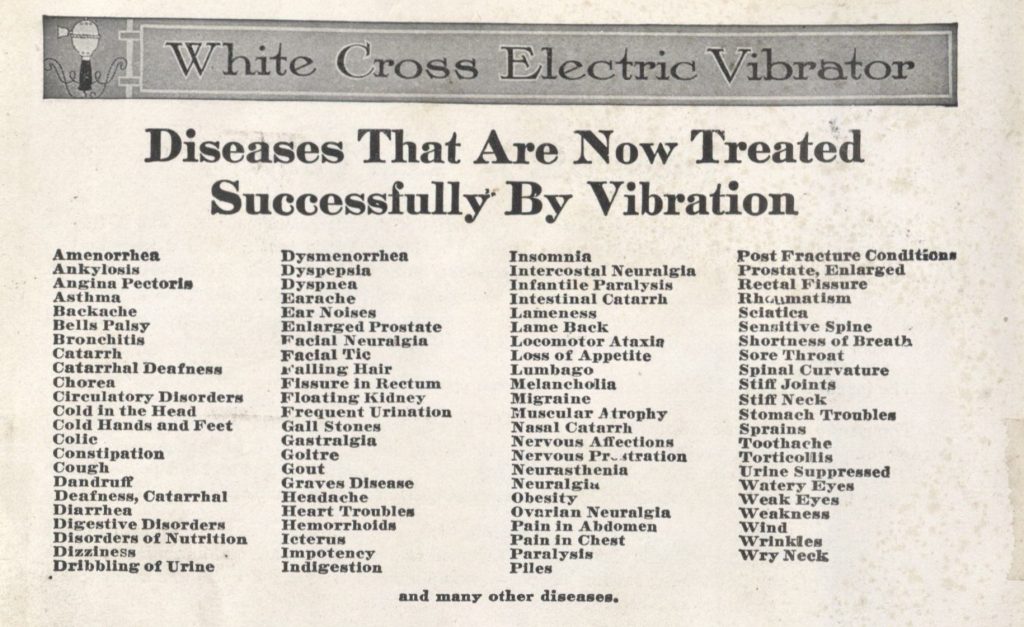The Rubenstein Rare Book & Manuscript Library is pleased to announce the recipients of the 2022-2023 travel grants. Our research centers annually award travel grants to students, scholars, and independent researchers through a competitive application process. We extend a warm congratulations to this year’s awardees. We look forward to meeting and working with you!
Archive of Documentary Arts
Rebecca Bengal, Independent Researcher, “‘Bad Roads Ruin Even the Best of Cars’: William Gedney’s Kentucky.”
Alexandra Le Faou, Independent Researcher, “James H. Karales European Exhibition.”
Sallie Bingham Center for Women’s History and Culture (Mary Lily Research Grants)
Brianna Anderson, Ph.D. candidate, Department of English, University of Florida, “‘A Smidgeon of Ecofeminism’: Envisioning Environmental Issues and Activism in Women’s Zines.”
Rachel Corbman, Faculty, Mount Holyoke College, “Conferencing on the Edge: A Queer History of Feminist Field Formation, 1969-1989.”
Benjamin Holtzman, Faculty, Lehman College, “’Smash the Klan’: Fighting the White Power Movement in the Late Twentieth Century.”
Cindy Lima, Ph.D. candidate, Northwestern University, “Transnational Latinas: A Twentieth Century History of Latina Politics.”
Molli Spalter, Ph.D. candidate, Department of English, Wayne State University, “”Feeling Wrong and Feeling Wronged: Radical Feminism and ‘Feeling Work’.”
Emily Hunt, Ph.D. candidate, Emily Hunt, Georgia State University, “‘We are a Gentle Angry People and We are Singing for Our Lives’: A Story of Women’s Music, 1975-1995.”
Felicity Palma, Faculty, Department of Film and Media Studies, University of Pittsburgh, “of flesh and feelings and light and shadows.” (Grant sponsored jointly with the Archive of Documentary Arts.)
Lara Vapnek, Faculty, Department of History, St. John’s University, “Mothers, Milk, and Money: A History of Infant Feeding in the United States.” (Grant sponsored jointly with the John W. Hartman Center for Sales, Advertising, and Marketing History.)
John Hope Franklin Center for African and African American History and Culture
William Billups, Ph.D. candidate, Department of History, Emory University, “”Reign of Terror”: Anti-Civil Rights Terrorism in the United States, 1955-1976.”
Thomas Cryer, Ph.D. candidate, Institute of the Americas, University College London, “’Walking the Tightrope’: John Hope Franklin and the Dilemmas of African American History in Action.”
Mikayla Harden, Ph.D. candidate, Department of History, University of Delaware, “Remnants: Captive African Children in the Black Atlantic World.”
Frances O’Shaughnessy, Ph.D. candidate, University of Washington, “Black Revolution on the Sea Islands: Empire, Property, and the Emancipation of Humanity.”
Emily Tran, Ph.D. candidate, University of Wisconsin-Madison, “American Reckonings: Confronting and Repressing the Racist Past and Present, 1968-1998.”
Evan Wade, Ph.D. candidate, Department of History, University of Connecticut,” Henrietta Vinton Davis: From Teacher to Black Nationalist– an examination of a Black Woman’s Politics.”
Elizabeth Patton, Faculty, Department of Media and Communication Studies, University of Maryland Baltimore County, “Representation as a Form of Resistance: Documenting African American Spaces of Leisure during the Jim Crow Era.” (Grant sponsored jointly with the John W. Hartman Center for Sales, Advertising, and Marketing History.)
Harry H. Harkins T’73 Travel Grants for Lesbian, Gay, Bisexual, and Transgender History
Mori Reithmayr, Ph.D. candidate, University of Oxford, “Community Before Liberation: Theorizing Gay Resistance in San Francisco, 1953-1969.”
Cathleen Rhodes, Faculty, Department of Women’s Studies, Old Dominion University, “Touring Tidewater: An Immersive Virtual Walking Tour of Southeastern Virginia’s Queer History.”
John W. Hartman Center for Sales, Advertising, and Marketing History (John Furr Fellowship)
Jennifer Hessler, Faculty, Department of Media, Journalism, and Film, University of Huddersfield, “Television Ratings: From Audimeter to Big Data.”
Conrad Jacober, Ph.D. candidate, Department of Sociology, Johns Hopkins University, “Debt Prophets: American Bankers and the Origins of Financialization.”
Jeannette Strickland, Independent Researcher, “Lever Brothers Advertising and Marketing, 1900-1930, in the J. Walter Thompson Archives.”
John W. Hartman Center for Sales, Advertising, and Marketing History (Alvin Achenbaum Travel Grants)
Anne Garner, Ph.D. candidate, Department of History and Culture, Drew University, “Recovering Throwaway Histories: Patent Medicine, Black Americans and the Blues in the Postbellum Piedmont.”
Rachel Plotnick, Faculty, Department of Cinema & Media Studies, Indiana University Bloomington, “License to Spill: Where Dry Devices Meet Liquid Lives.”
Elizabeth Patton, Faculty, Department of Media and Communication Studies, University of Maryland Baltimore County, “Representation as a Form of Resistance: Documenting African American Spaces of Leisure during the Jim Crow Era.” (Grant sponsored jointly with the John Hope Franklin Center for African and African American History and Culture.)
Lara Vapnek, Faculty, Department of History, St. John’s University, “Mothers, Milk, and Money: A History of Infant Feeding in the United States.” (Grant sponsored jointly with the Sallie Bingham Center for Women’s History and Culture.)
History of Medicine Collections
Jessica Dandona, Faculty, Minneapolis College of Art and Design, “Skeletons in the Drawing Room: Popular Consumption of Flap Anatomies, 1880-1900.”
Jeremy Montgomery, Ph.D. candidate, Department of History, Mississippi State University, “‘Look To Your Map’: Medical Distinctiveness and the United States, 1800-1860.”
Haleigh Yaspan, Master’s candidate, School of Medicine and Dentistry, University of Rochester, “Forceps, Women’s Rights, and Professional Turf War: Pregnancy and Childbirth in the United States, 1914-1962.”
Human Rights Archive
Molly Carlin, Ph.D. candidate, School of Media, Arts and Humanities, University of Sussex, “How to Jail a Revolution: Theorising the Penal Suppression of American Political Voices, 1964-2022.”
Tyler Goldberger, Ph.D. candidate, Department of History, College of William & Mary, “”Generalísimo Franco is Still Alive!”: Transnational Human Rights and the Anti-Fascist Narrativization of the Spanish Civil War and Francisco Franco Dictatorship within the United States, 1936-Present.”
Thomas Maggiola, Master’s candidate, Department of Latin American Studies and History, University of California San Diego, “Guatemala’s Transnational Civil War, 1970-1996.”
Eve Kosofsky Sedgwick Research Travel Grants
Jennifer Doyle, Faculty, University of California Riverside, “Alethurgy’s Shadows: Harassment, Paranoia, and Grief.”
Annie Sansonetti, Ph.D. candidate, Department of Performance Studies, New York University, “Feminine Boyhood and Trans Girlhood Onstage.”
Post compiled by Roshan Panjwani, Staff Assistant, Rubenstein Library



